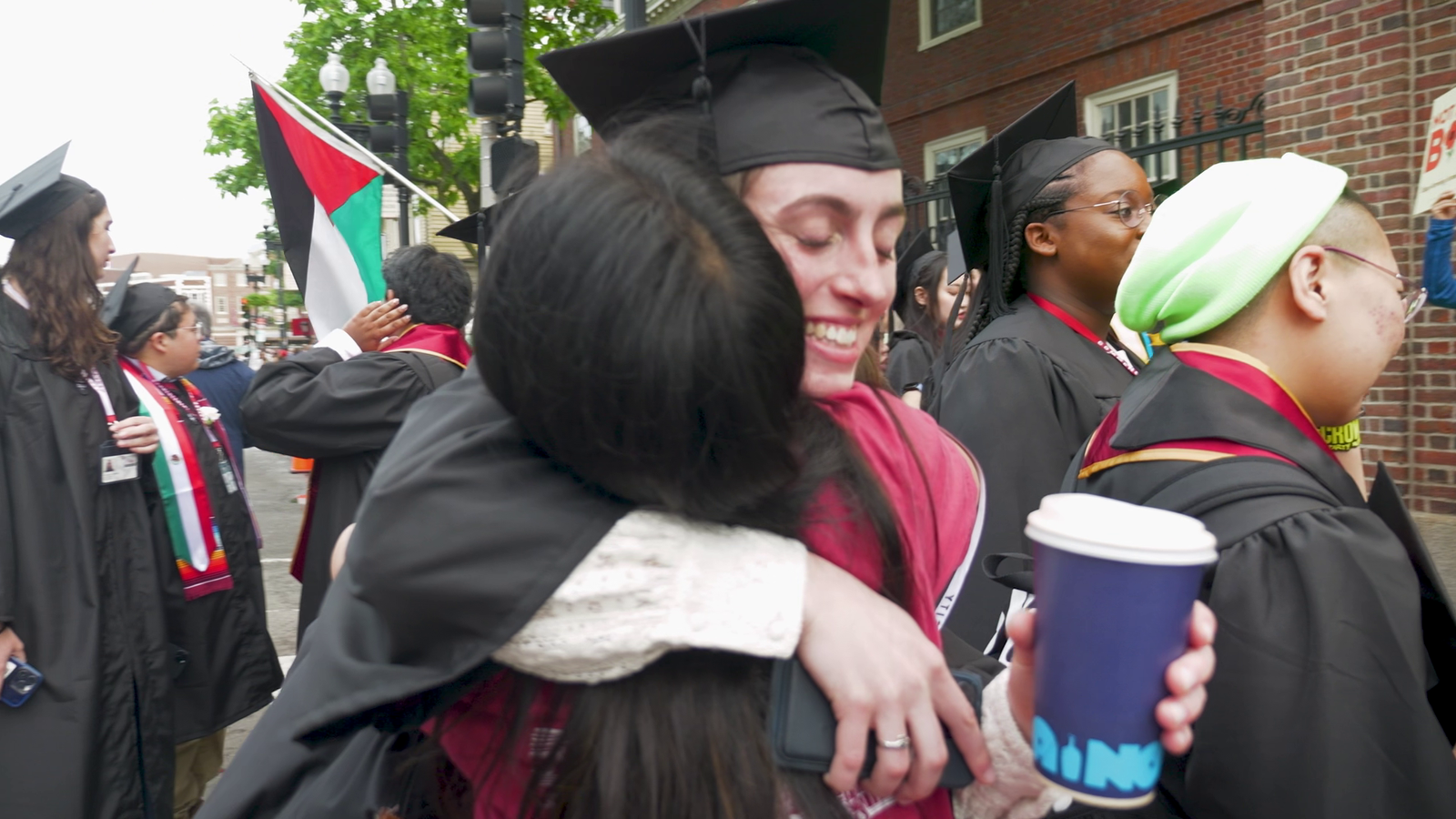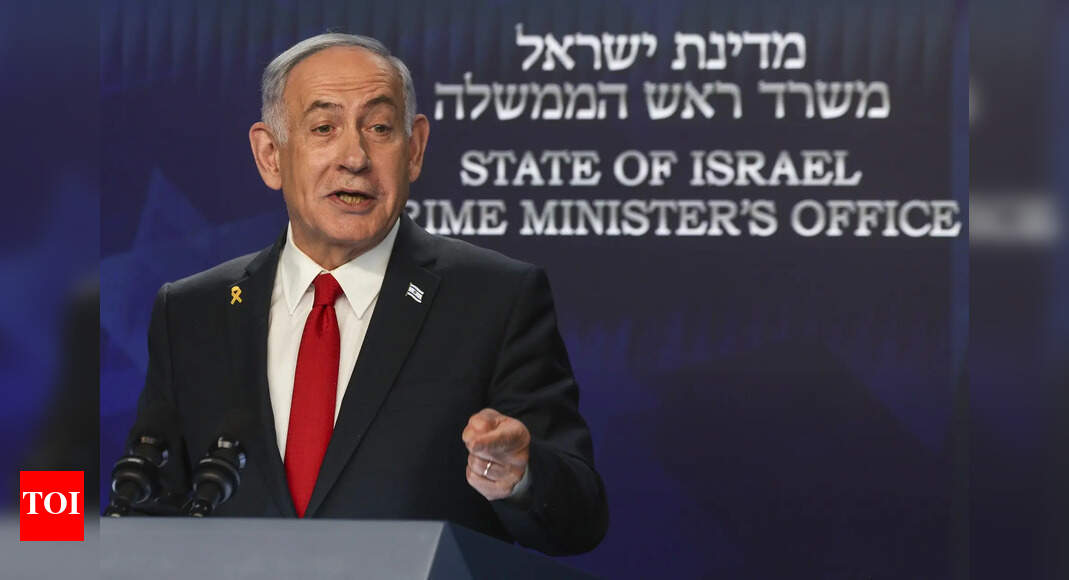Prime Minister Mark Carney and U.S. President Donald Trump meet at the White House on May 6. The U.S. ambassador to Canada has said that the threat of annexation is ‘done.’Adrian Wyld/The Canadian Press
It was becoming quite clear before the visit of King Charles III to our sun-splashed capital that the U.S. threat to annex Canada was dead.
Pete Hoekstra, the newly minted U.S. ambassador to Canada, spelled it out in interviews. “It’s done,” he said in one with the National Post. “From my standpoint, from the President’s standpoint, 51st state’s not coming back.”
He obviously didn’t get any blowback from boss Donald Trump on that, because he repeated it. The annexation saga is “over,” Mr. Hoekstra told the CBC. Time to “move on,” he said. “If the Canadians want to keep talking about it – that’s their business.”
Mr. Trump still wants to keep talking about it. He foolishly posted on social media Tuesday after the King’s visit that Ottawa was still considering it. To which Ottawa said again that it would never happen.
Despite annexation being a non-starter, it was still important to have the real king deliver a message to the mad king in the Throne Speech on Tuesday. The message – “The True North is indeed strong and free!” – was on the mark.
The speech also promised, as had been stated before, Canada’s largest economic transformation since the Second World War. That’s to be taken with a big grain of salt as well. Mr. Trump has been retreating on some of his tariffs. The Mark Carney government could well secure another United States-Mexico-Canada Agreement that keeps trade with the U.S. at levels close to where they are now.
But in addition to the sovereignty message, the King’s visit was most welcome for the heightened visibility of the monarchy and the motherland it provided. The Brits are back, no longer in our rearview mirror. More Americanization for Canada is wildly wrong-headed. Mr. Trump’s gratuitous threats and ad-hoc poppycock awakened us to the need to broaden our horizons. And after seven-plus decades as a well-meaning but powerless ornament, along came King Charles III to lend a hand.
His visit as King wasn’t just symbolic, like most by Elizabeth II. His was political. It will be remembered.
Andrew Cohen: King Charles’s visit to Canada was a show of weakness, not strength
Campbell Clark: Throne Speech from King Charles becomes a rallying cry for Carney’s Liberals
Mr. Hoekstra said if we want to keep talking about the 51st-state stuff, it’s our business. We should keep talking about it because it’s a unifier, a motivator to make us more “self-reliant,” to use Conservative Leader Pierre Poilievre’s term.
It’s heartening to hear so many Canadian celebrities in radio ads promoting so proudly the need to buy Canadian and forget American. We’re becoming a less passive population.
The country has been distancing itself from the monarchy for the longest time. But any prospect of us putting the final nail in the colonial coffin and becoming a republic is kaput. The monarchy has been revitalized. Given the authoritarian trajectory – is fascist a better word? – of the U.S., we would rather have statehood with Britain.
Some of the glow from the King’s appearance is dimmed when we consider that he recently extended a warm invitation to Mr. Trump for a second state visit. That will likely come before long and it’s doubtful the King will be singing the praises of Canada on that occasion.
To be considered also is that a large part of our population, the French-Canadian portion, is hardly enthusiastic about the British embrace. Mr. Carney’s government has 44 Quebec MPs and forging tight bonds with Britain will not be rousingly endorsed by them.
But as a first big act by his government, the King’s visit was a triumph for our new Prime Minister. It marked the first time the monarch had given the Speech from the Throne since 1977. Mr. Carney knew the King from his tenure as governor of the Bank of England and there is little doubt his international stature played a hand in getting the King to deliver the speech. Could Mr. Poilievre have done it had he won the election? It’s not at all certain. The Conservative Leader has no international standing.
The Conservative Party traditionally had the strongest bond with Britain. John Diefenbaker was so glued to the motherland that he opposed the adoption of a Canadian flag by Lester Pearson. But the party no longer has that distinction.
Under Brian Mulroney, the Conservatives entered deeply into the American economic embrace. It seemed like a sound prospect until Mr. Trump came along.
Justin Trudeau’s talk of Canada being a post-national state and his excessive multiculturalism left the country less anchored. His identity politics gave us too many identities.
Mr. Carney’s focus on traditions, as exemplified by the impactful visit of King Charles III, provides a stronger sense of who we are.


